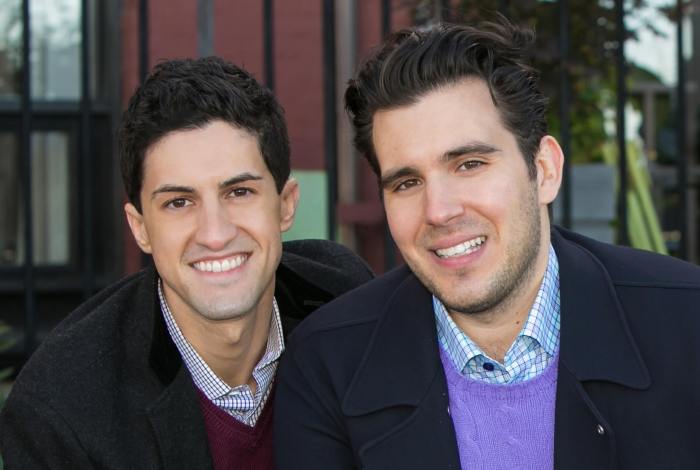Drinking is bad for you. You know that already. In May, the American Institute for Cancer Research found that drinking as little as one glass a day increases women’s risk of breast cancer. In August, a study published in JAMA Psychiatry declared alcohol abuse in the U.S. a “public health crisis.”
Now there is more bad news for friends of the bottle. A statement published Tuesday in the Journal of Clinical Oncology reviewed the evidence and found more links between alcohol consumption and cancer. Here’s one: 5.8 percent of cancer deaths worldwide are caused by alcohol.
When it comes to light-to-moderate drinking (defined by the National Institute of Alcohol Abuse and Alcoholism as up to one drink a day for women, up to two for men), the American Society of Clinical Oncology noted that it can lead to an increased risk of breast cancer in women, and esophageal cancer for men and women.
The greater risks are for the heavy drinkers (defined by NIAAA as those who binge drink on five or more days in a month, with binge drinking defined as consuming four drinks in a sitting for women, five for men). The statement cited an increase in the risk of cancers of the oral cavity and pharynx and the liver, with a slightly lower increased risk for colorectal and pancreatic cancer.
If you quit drinking, does your risk of cancer decrease? In the case of the aforementioned mouth and throat cancers, studies suggest that “the risk of cancer may be reduced to that seen in never drinkers after long-term (>20 years) cessation from alcohol drinking.” As for how cutting out drinking influences the risk of other alcohol-related cancers, more research is needed.
And if you smoke cigarettes in addition to drinking? “In cancers for which both alcohol drinking and cigarette smoking are causal factors, the cancer risks in those who are both alcohol drinkers and cigarette smokers are much larger than the risks seen for those who only drink alcohol or only smoke cigarettes,” reads the statement. Examples of those include cancers of the oral cavity, pharynx, larynx and esophagus.
If you are a moderate drinker, this doesn’t mean you have to completely swear off the stuff. Dr. Noelle LoConte, lead author of the statement, clarified ASCO’s statement in an article for the NY Times. “The message is not, ‘Don’t drink.’ It’s, ‘If you want to reduce your cancer risk, drink less. And if you don’t drink, don’t start,’” said the associate professor at the University Wisconsin-Madison.



















